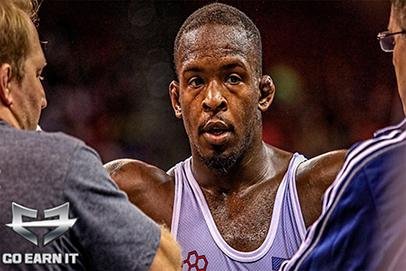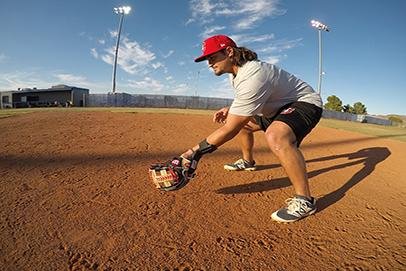Coaching youth sports is a rewarding job, particularly for adults who see their roles beyond winning and losing.
Youth Sports Coaching Impact
Coaching youth sports is a rewarding job, particularly for adults who see their roles beyond winning and losing. Coaches of youth sports are role models and key players in











